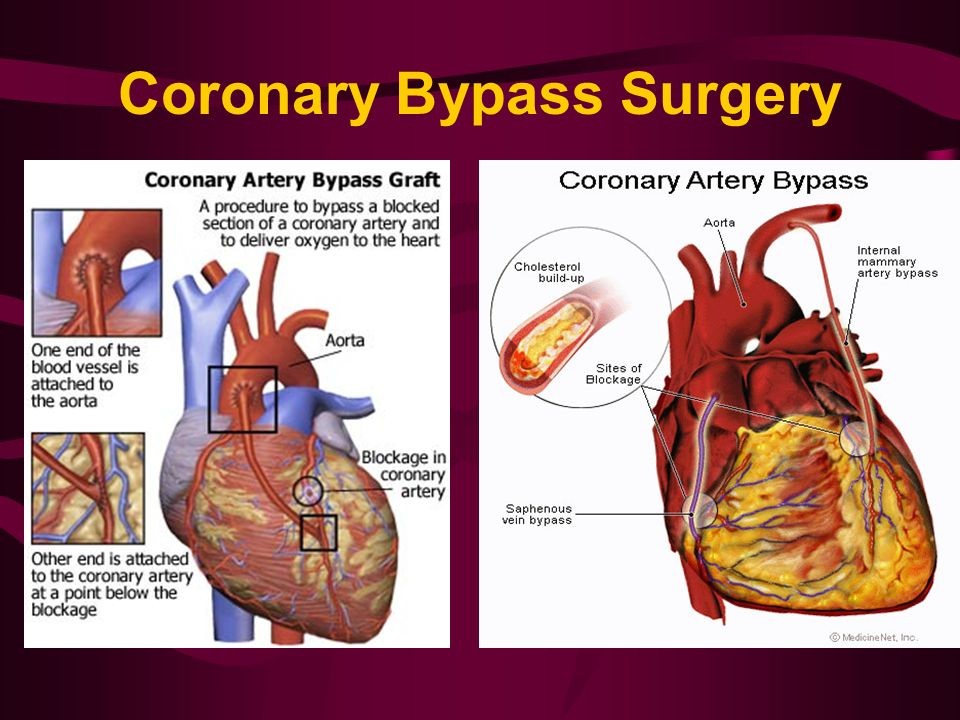 25 March, 2025
25 March, 2025
Understanding Coronary Bypass Surgery: A Life-Saving Procedure In Chennai
Coronary artery disease (CAD) is one of the leading causes of death worldwide, affecting millions of individuals. As plaque builds up in the coronary arteries, blood flow to the heart becomes restricted, leading to chest pain, heart attacks, and, in some cases, death. One of the most common procedures to treat this condition is coronary artery bypass grafting (CABG), also known as coronary bypass surgery. This surgery aims to restore healthy blood flow to the heart and significantly improve the patient’s quality of life.
What Is Coronary Bypass Surgery?
Coronary artery bypass grafting is a surgical procedure used to treat coronary artery disease. It involves rerouting blood around blocked or narrowed coronary arteries to restore normal blood flow to the heart. The blockage in the arteries is often caused by a buildup of cholesterol, fat, and other substances, which form a plaque that narrows and hardens the arteries. This condition can lead to reduced oxygen supply to the heart muscle, increasing the risk of a heart attack.
How Does Coronary Bypass Surgery Work?
During coronary bypass surgery, a surgeon uses blood vessels from other parts of the patient’s body to bypass the blocked or narrowed coronary arteries. The grafts are usually taken from the chest, leg, or arm. These healthy blood vessels are connected above and below the blockage, allowing blood to flow around the obstruction and reach the heart muscle.
Types of Grafts Used in CABG:
-
Saphenous vein graft (SVG): The surgeon removes a section of the saphenous vein from the leg and uses it to bypass the blocked artery.
-
Internal mammary artery graft (IMA): A segment of the internal mammary artery, which is located in the chest, is often used due to its high success rate and long-term durability.
-
Radial artery graft: A portion of the radial artery from the arm may also be used as a graft.
The choice of graft depends on the patient’s health, the location and number of blockages, and the surgeon’s expertise.
Indications for Coronary Bypass Surgery
Coronary artery bypass surgery is typically recommended for patients who have:
-
Severe coronary artery disease, particularly when there are multiple blockages.
-
Blockages that cannot be treated with angioplasty or stenting.
-
Angina (chest pain) that is not controlled with medication or lifestyle changes.
-
A history of heart attacks or other heart-related issues.
-
A weakened heart muscle due to lack of proper blood flow.
Risks and Complications of Coronary Bypass Surgery
While coronary bypass surgery is generally safe and effective, as with any major surgery, it carries risks. Some of the potential risks and complications include:
-
Infection: Infections can occur at the incision sites or in the chest.
-
Bleeding: There is a risk of bleeding during or after surgery.
-
Heart attack or stroke: Though rare, some patients may experience a heart attack or stroke during the procedure.
-
Arrhythmias: Abnormal heart rhythms can occur after surgery.
-
Graft failure: Over time, some grafts may become blocked or narrow again.
Recovery and Lifestyle After Coronary Bypass Surgery
Recovery after coronary bypass surgery is gradual and can take several weeks to months. Patients typically spend a few days in the hospital after the surgery, and most individuals can return to their normal activities within 6-12 weeks, depending on their overall health and the complexity of the procedure.
Key aspects of recovery include:
-
Wound care: Proper care of the surgical incision sites is essential to prevent infection.
-
Pain management: Some discomfort and pain are common after surgery, but these can be managed with medication.
-
Physical therapy: Gradual physical activity and exercise are important for restoring strength and endurance.
-
Medications: Patients may need to take medications to manage blood pressure, cholesterol levels, and prevent blood clots.
-
Dietary changes: A heart-healthy diet is crucial for maintaining cardiovascular health and preventing further blockages.
Long-Term Outlook After Coronary Bypass Surgery
Coronary bypass surgery can provide significant relief for patients with severe coronary artery disease, reducing symptoms such as chest pain and improving overall heart function. Many patients experience a better quality of life post-surgery, with the ability to return to daily activities and reduce the risk of further heart attacks.
However, it is essential to continue following a heart-healthy lifestyle, including regular exercise, a balanced diet, and adherence to prescribed medications. Even with bypass surgery, there is still a risk of new blockages forming in the future, so ongoing medical care and lifestyle management are essential.
Frequently Asked Questions (FAQs)
-
What is the success rate of coronary bypass surgery?
-
The success rate of coronary bypass surgery is generally high, with most patients experiencing significant improvement in their symptoms. The long-term survival rate varies, but many patients live for years after the procedure.
-
-
How long will I need to stay in the hospital after surgery?
-
Most patients stay in the hospital for 3-7 days after coronary bypass surgery. The length of stay depends on the patient’s overall health and recovery progress.
-
-
What are the potential risks of coronary bypass surgery?
-
As with any surgery, coronary bypass surgery carries risks such as infection, bleeding, arrhythmias, stroke, or heart attack. However, these risks are relatively rare and can be minimized with proper medical care.
-
-
Can coronary bypass surgery be avoided with medication?
-
In some cases, medication and lifestyle changes can help manage symptoms and reduce the risk of heart attacks. However, if blockages are severe and unresponsive to medication, bypass surgery may be necessary.
-
-
Will I need to change my lifestyle after surgery?
-
Yes, making lifestyle changes is crucial for long-term heart health. This includes adopting a heart-healthy diet, exercising regularly, managing stress, and avoiding smoking.
-
-
How long will it take to recover from coronary bypass surgery?
-
Recovery can take several weeks to months. Most patients can return to normal activities within 6-12 weeks, but full recovery may take longer depending on the individual and the complexity of the surgery.
-
-
Are there alternatives to coronary bypass surgery?
-
Alternatives to coronary bypass surgery include angioplasty and stenting, which can help open blocked arteries without the need for major surgery. However, bypass surgery is often the best option for severe cases of coronary artery disease.
-
-
What are the long-term effects of coronary bypass surgery?
-
The long-term effects can be positive, with many patients experiencing relief from chest pain and an improved quality of life. However, it is essential to maintain a heart-healthy lifestyle to reduce the risk of future heart problems.
-
-
Will I need to take medication after surgery?
-
Yes, most patients need to take medications to control blood pressure, cholesterol, and prevent blood clots. It is important to follow the doctor’s instructions regarding medications.
-
-
Can I lead a normal life after coronary bypass surgery?
-
Yes, many patients can return to a normal life after coronary bypass surgery, with improved energy levels and reduced symptoms. However, ongoing care and lifestyle changes are essential for long-term health.
-
 +91 96001 07057
+91 96001 07057 Sidharam Heart Clinic Adyar, Gandhi Nagar, Canal Bank Road, Opp.St.Louis School, Adyar, Chennai, Tamil Nadu 600020
Sidharam Heart Clinic Adyar, Gandhi Nagar, Canal Bank Road, Opp.St.Louis School, Adyar, Chennai, Tamil Nadu 600020
